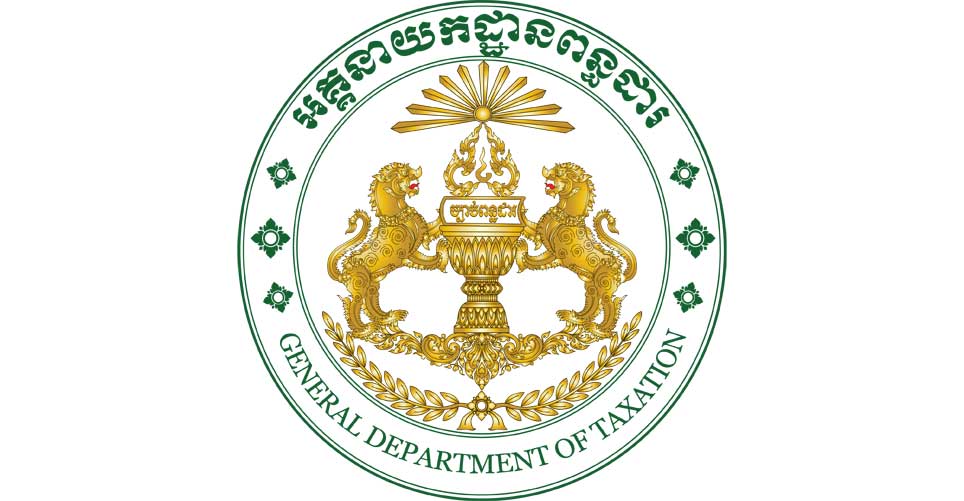Issue Description
Our members have reported that in a given situation where a tax provision is not clear, or there is no express mention in the law, and there is no express guidance provided by the GDT, the tax auditor always choose to reassess the tax and apply administrative penalties, where he may financially benefit from, even though the taxpayers have been consistently compliant and acting in good faith. No benefit of the doubt is granted to taxpayer. Our members have observed that in scenarios where a tax provision is ambiguous or not explicitly stated in the law, tax auditors invariably opt to reassess the tax and impose administrative penalties. This approach persists regardless of the taxpayers’ history of compliance and good faith actions. In such cases, taxpayers are not granted the benefit of the doubt.
Example: the taxation of capital gains of non-residents in the hand local entities.
Article 7 of old law on taxation provide a framework for taxing capital gains. However, the law expressly states that such taxation may be done via a Prakas. Roughly a decade later and without a Prakas, some tax auditors started taxing local companies and imposing administrative penalties based on the same Article 7 by claiming that local companies have the obligation to withhold tax.
Impact on business
This clearly undermines the confidence of businesses and investment in the Cambodian market. Even more so, it undermines the Tax administration as a whole. Indeed, investors can face unpredictable costs as consequences of reassessment based on notorious legal grounds. This lack of trust is exacerbated as the tax auditors financially benefit from imposing the administrative penalties.
The possibility of facing unpredictable costs compels businesses to set aside a significant amount of money to handle unexpected tax issues, instead of investing in the country.
Recommendation
- Give the benefit of the doubt to taxpayers where taxpayers have been consistently tax compliant and acting in good faith.
In line with the concerns outlined in the issue section, we propose that the GDT extend the benefit of the doubt to taxpayers who demonstrate good faith, evidenced by consistent compliance with monthly and annual tax obligations and proper tax payment. This consideration, however, should not extend to cases of tax avoidance, where taxpayers exploit loopholes in tax laws and provisions.
Royal government of Cambodia
Initiative from Eurocham: This issue has been raised by the Tax Committee and published in the Advocacy Compass on 19th of April, 2024.

No response from the Royal Government of Cambodia
National Counterparts

General Department of Taxation
Contributors

Dr. Antoine Fontaine
ANANT LAW FIRM

